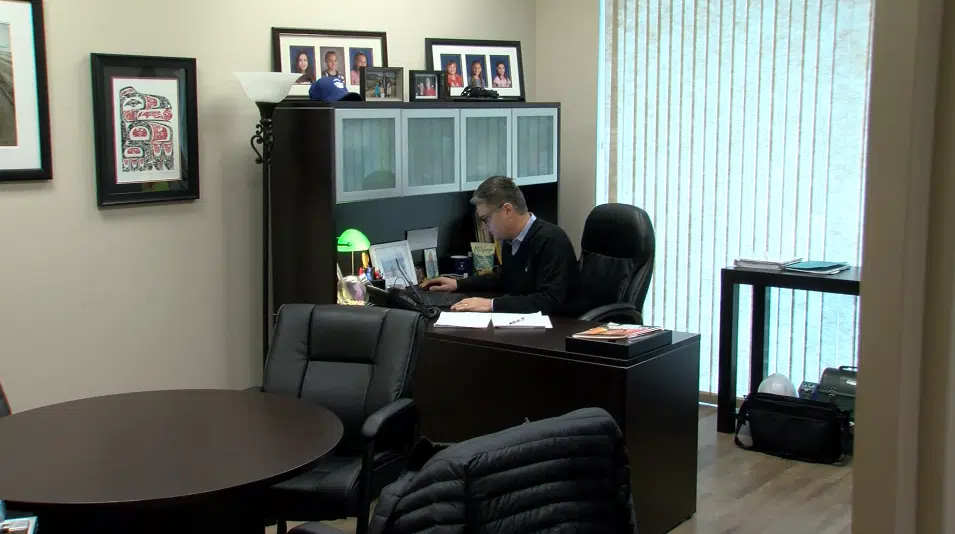
Local issues, local solutions
As British Columbians decide the fate of our tried and true democracy based on the British parliamentary tradition – which includes a First Past the Post voting system — there is another critical aspect that we need to consider in the midst of the current proportional representation debate.
Simply put, it’s important to shine a bright light on the reality that more times than not, local problems require local problem-solving. While proponents of switching to a Proportional Representation system will disagree with this, they have failed to offer any evidence whatsoever that local representation isn’t at risk if British Columbians decide to make the switch.
In fact, to the contrary, there is overwhelming evidence from across the world to suggest that under proportional representation, future MLAs for Kamloops and the Thompson Valleys could very well have home addresses far from our community with about half of MLAs in the Legislature being appointed by political party bosses instead of being elected under any of the three proposed proportional representation systems. You read that right. A large share of MLAs would be spared the requirement of actually running in an election and instead be appointed off party lists, with no guarantee that they’d actually have any roots within or connection to our community.
Which brings me to the importance of preserving maximum local representation in our electoral system. I cannot overstate how proud I am of the hard-working and dedicated staff in the Kamloops-South Thompson and Kamloops-North Thompson constituency offices. Behind the scenes, these purposeful and steadfast problem solvers often work around the clock to support my efforts and those of my colleague, MLA Peter Milobar, to resolve a myriad of issues that people bring through our doors.


